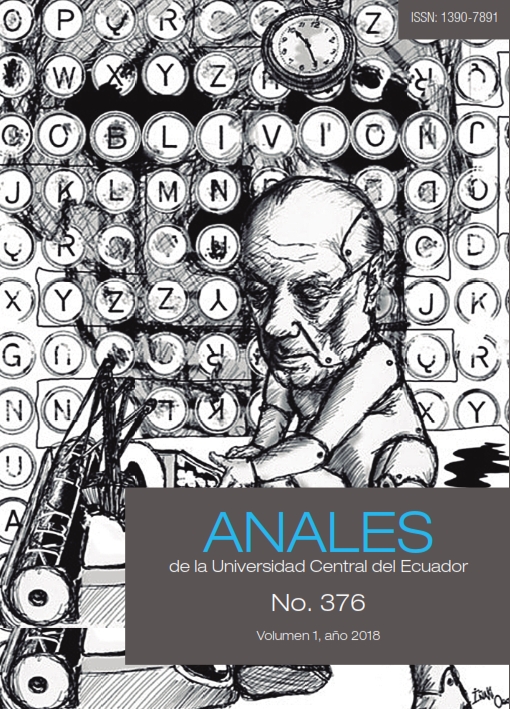De la ambigüedad del mito
DOI:
https://doi.org/10.29166/anales.v1i376.1876Keywords:
mito, tragedia, fi losofía, psicohistoria.Abstract
Th is essay addresses the category “myth” from a philosophical approach. Th e author raises understand the myth from the interpretive function
with which the world is built, civilization, language, politics, truth and reason itself. Th e author postulates resume the analysis of myth beyond
the linear readings of historical psychology and theology. Th e myth has a specifi c architecture that presides over the organization of the world, the human and the divine, in all cultures; without it, philosophy itself had not existed. Modernity requires precisely an analysis of myth from its own semantic and pragmatic system. Th e mystery and danger of the irrational not be ignored or fought, you need to understand.
References
Dodds, E. R. (1981). Los griegos y lo irracional. Trad. M. Araujo. Madrid: Alianza Editorial.
Giqueaux, Eduardo (1979). El mito y la cultura. Buenos Aires: Ediciones Castañeda.
Vernant, Jean-Pierre (1984). Los orígenes del pensamiento griego. Trad. M. Ayerra. Buenos Aires: EUDEBA. ———. (2001). Mito y pensamiento en la Grecia antigua. Trad. J. D. López Bonillo. Barcelona: Editorial Ariel.


